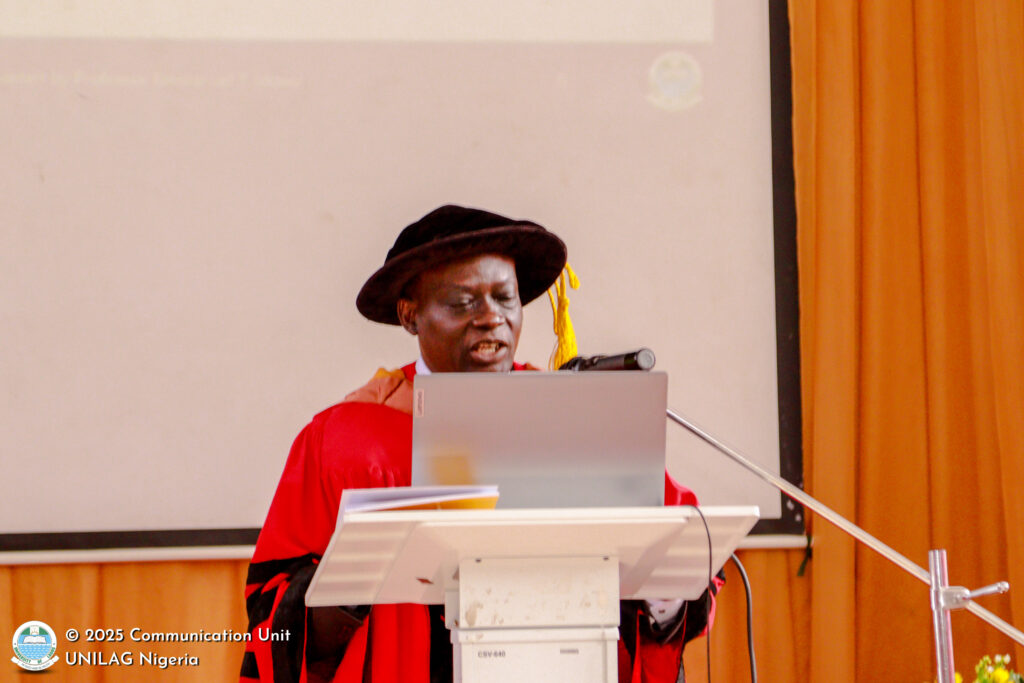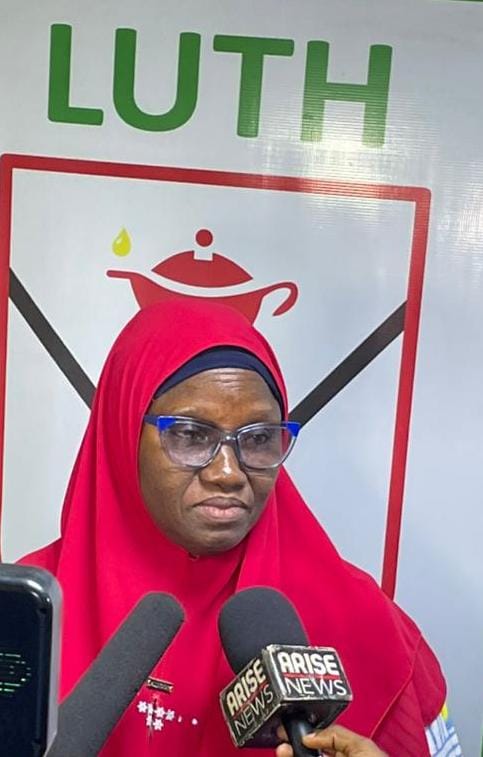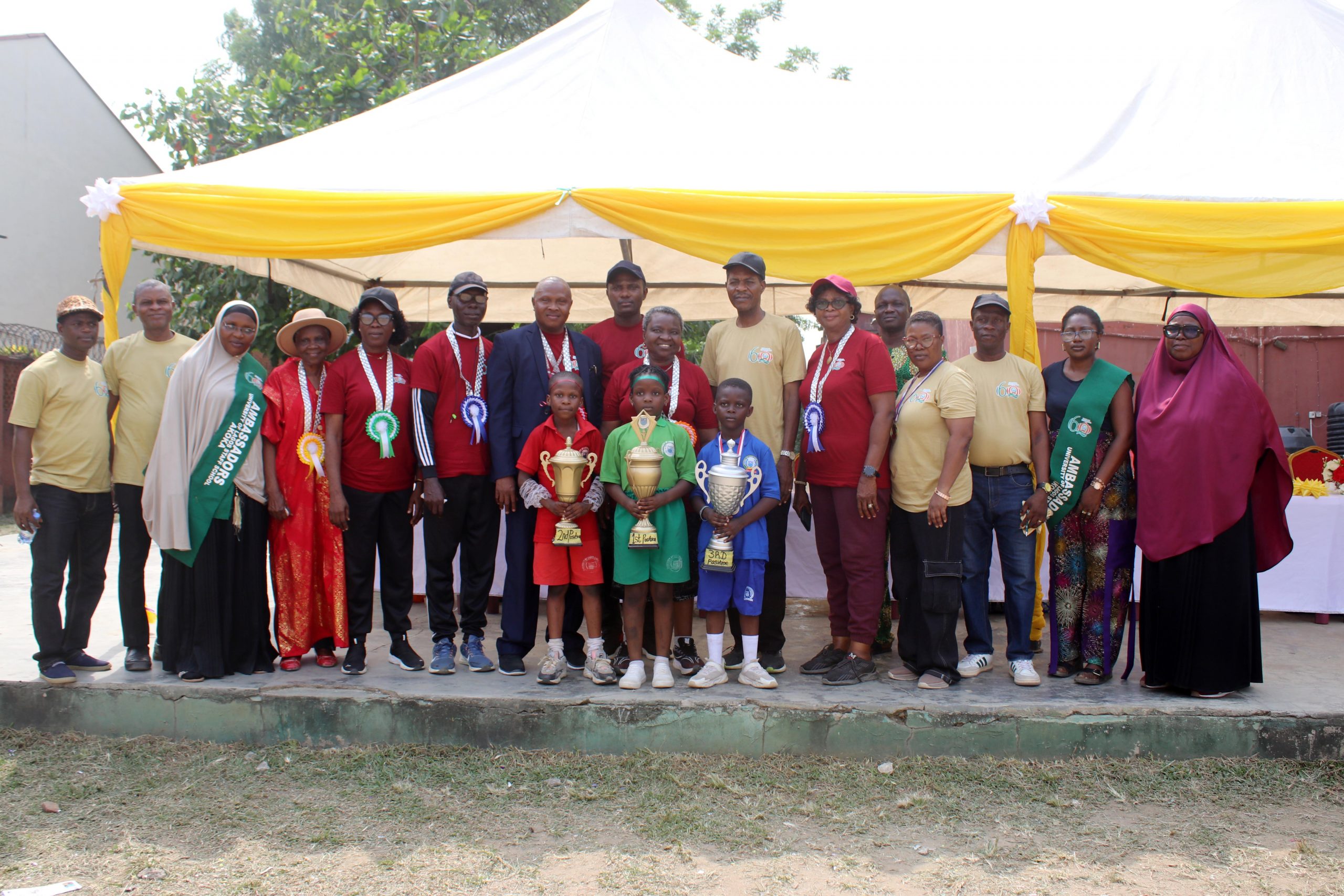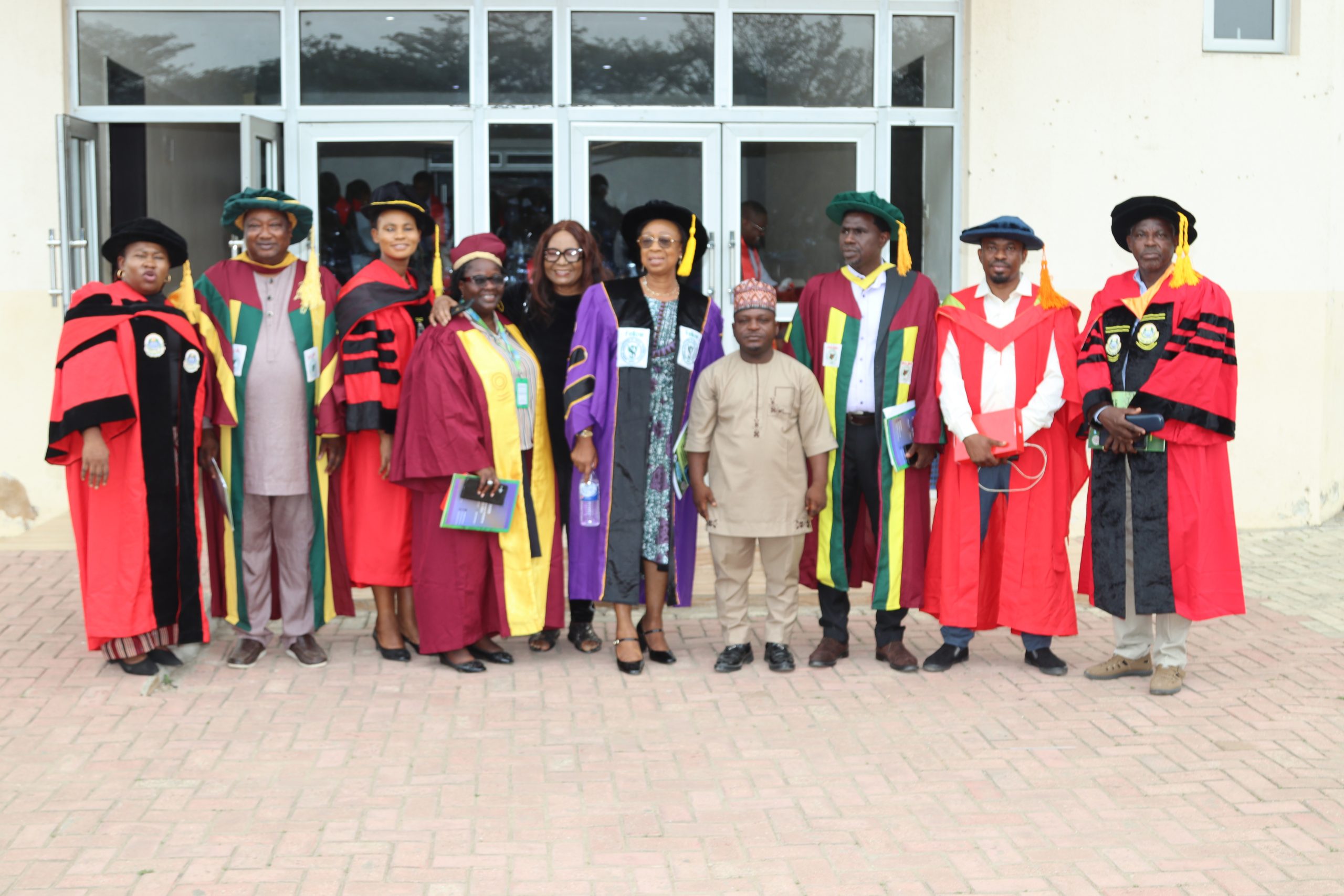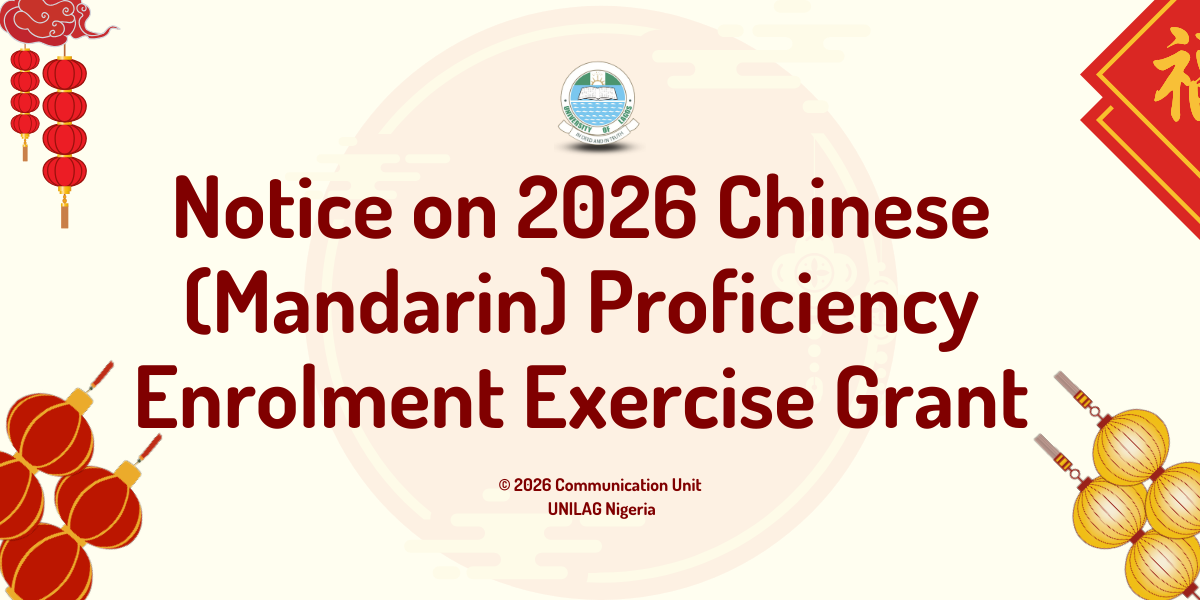Professor of Zoology, Emmanuel Taiwo Idowu has called for continuous monitoring of the clinical efficacy of Artemisinin-based Combination Therapy (ACT), a key antimalarial drug for the treatment of multidrug resistant Plasmodium falciparum.
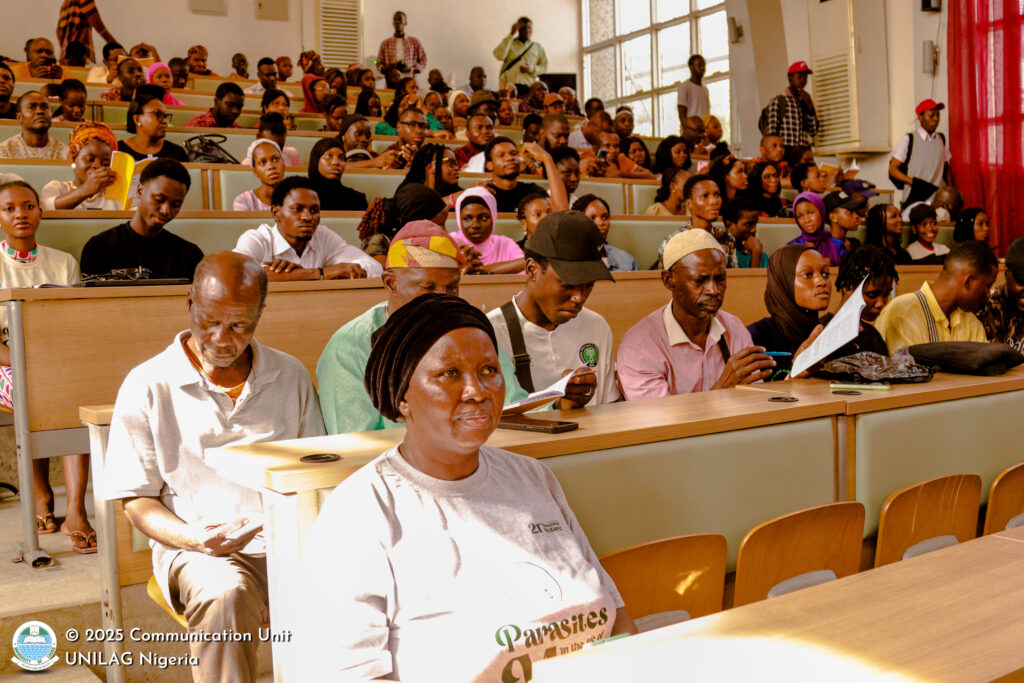
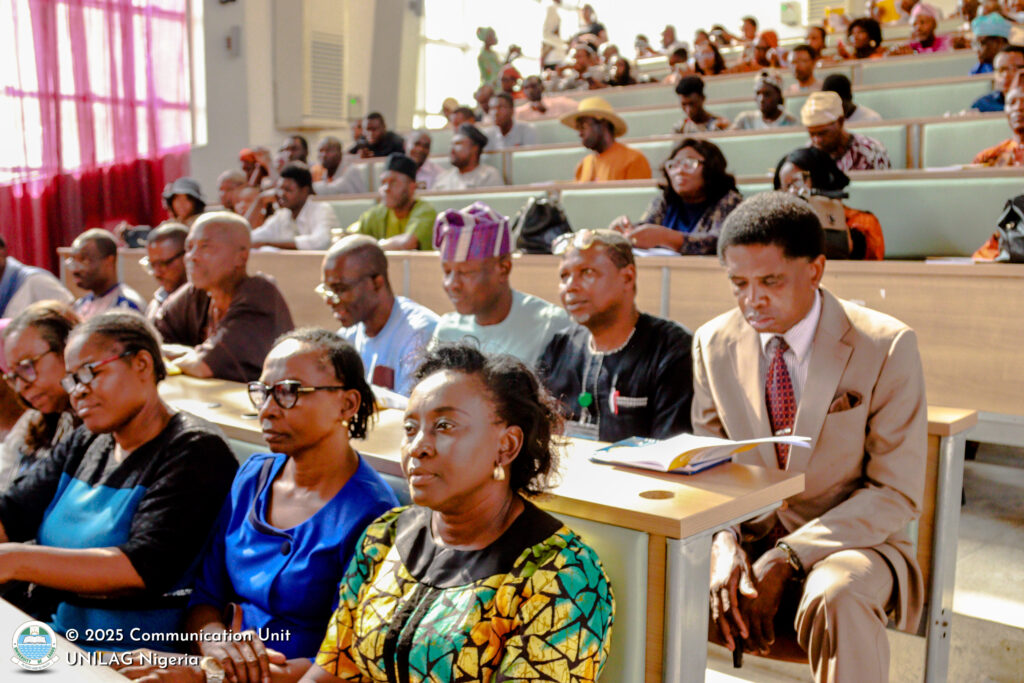
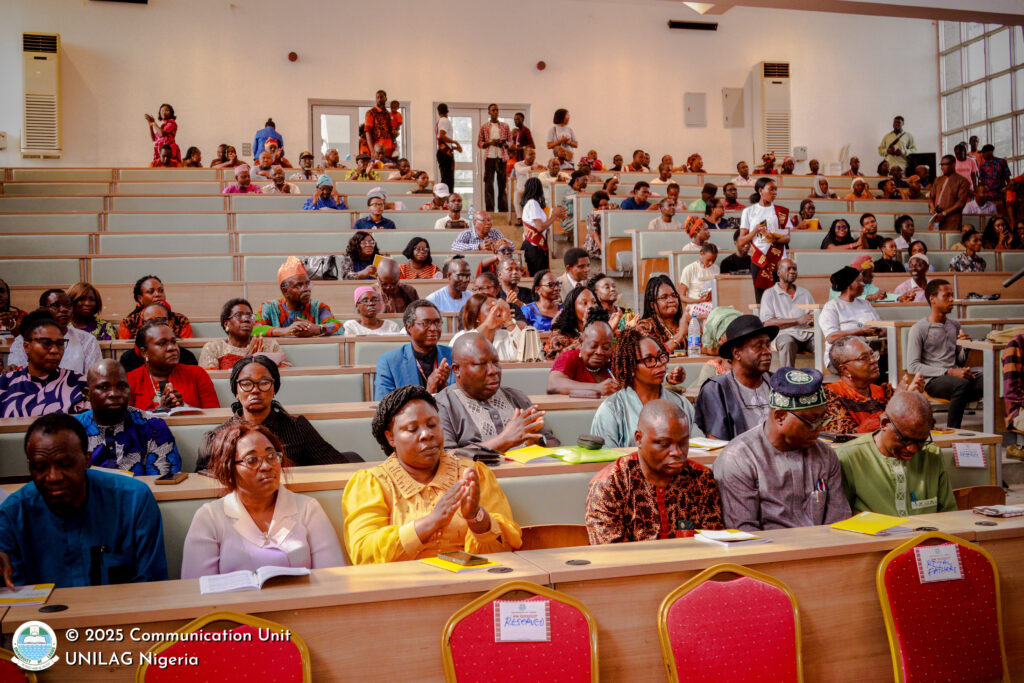
He made the call while delivering the 21st Inaugural Lecture of the 2024/2025 Academic Session. The lecture titled: Parasites in the Life of Man was held on Wednesday, September 3, 2025 at the Tayo Aderinokun Lecture Theatre, University of Lagos (UNILAG), Akoka.
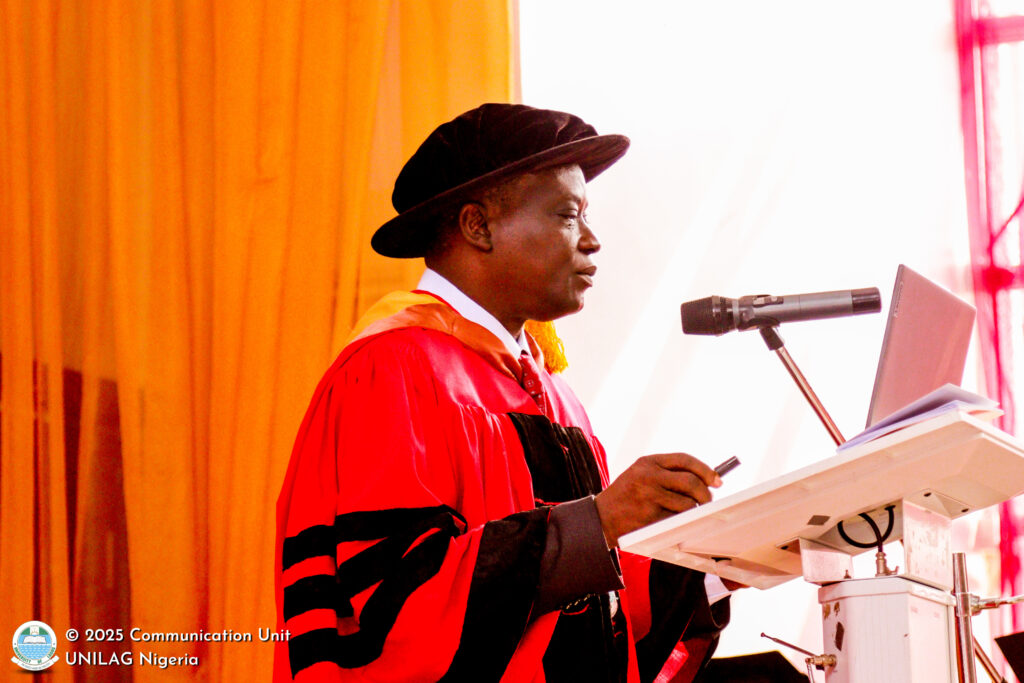
According to Professor Idowu, although there is no documented evidence of resistance, continuous monitoring and surveillance of the clinical efficacy of ACT is essential. This includes the identification of true artemisinin-resistant parasites to ensure early detection and prompt intervention. Given that Artemether-Lumefantrine has been the primary first-line ACT for malaria treatment over the past two decades, periodic efficacy assessments are critical to maintaining its effectiveness and preventing the emergence and spread of resistance.
Among other things, he also recommended close monitoring and supervision of the implementation of the Water, Sanitation, and Hygiene (WASH) interventions combined with mass drug administration (MDA), to significantly reduce the burden of parasitic diseases, improve health, and support sustainable development.
He further stressed the need for improved environmental management and regular resistance monitoring to enhance vector control efforts, as well as incorporate Piperonyl butoxide (PBO)-based insecticides to counteract resistance and enhance vector control strategies.
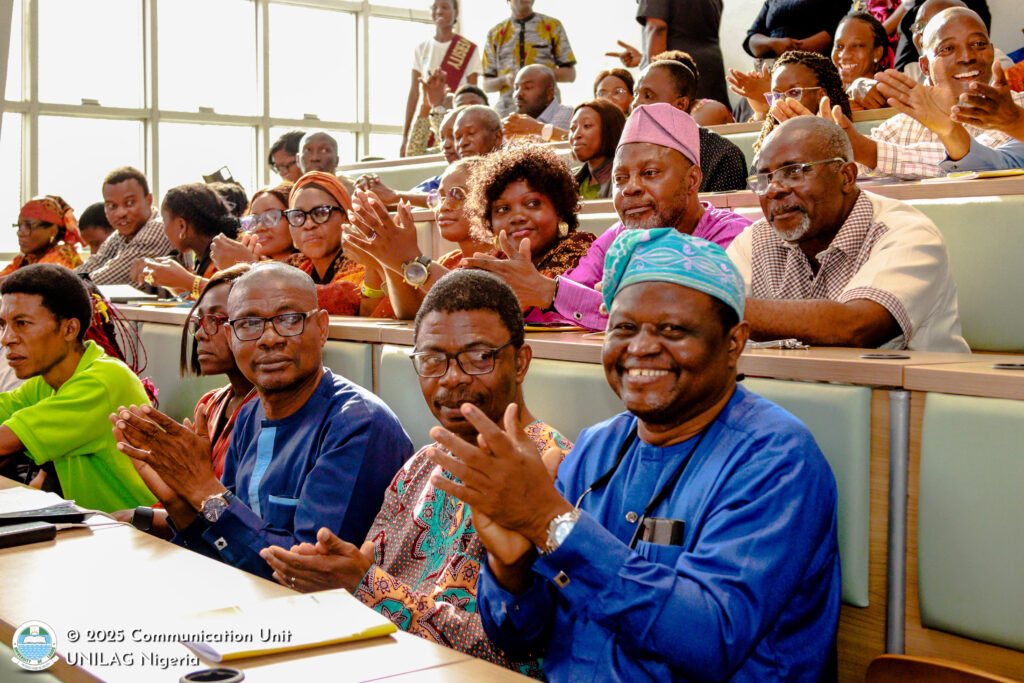
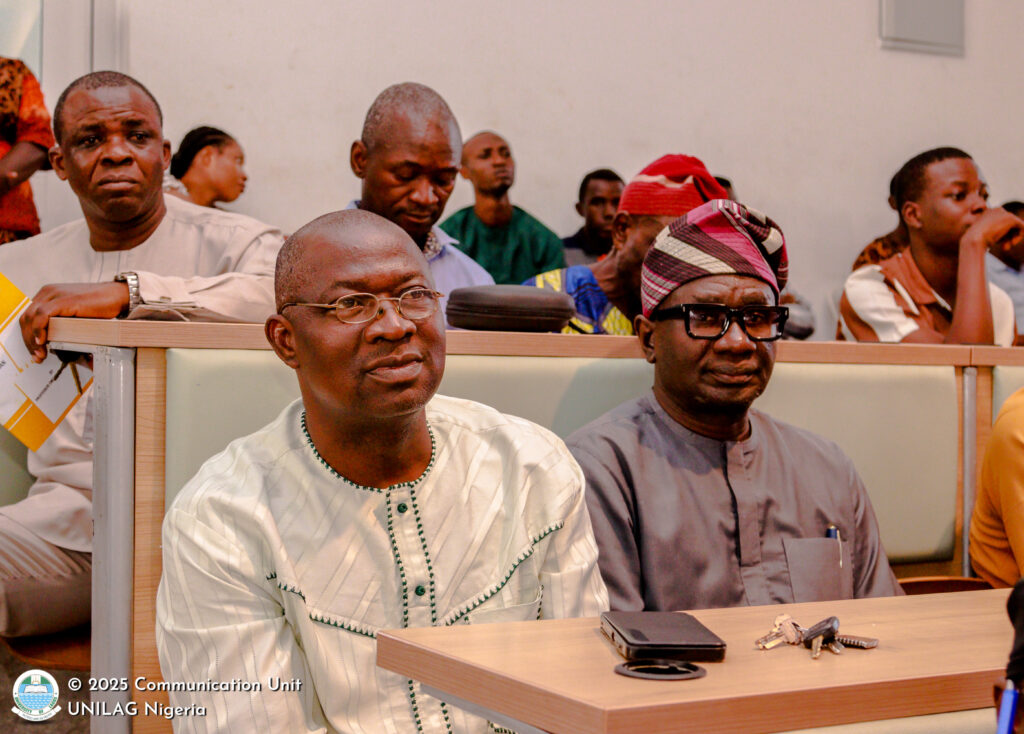
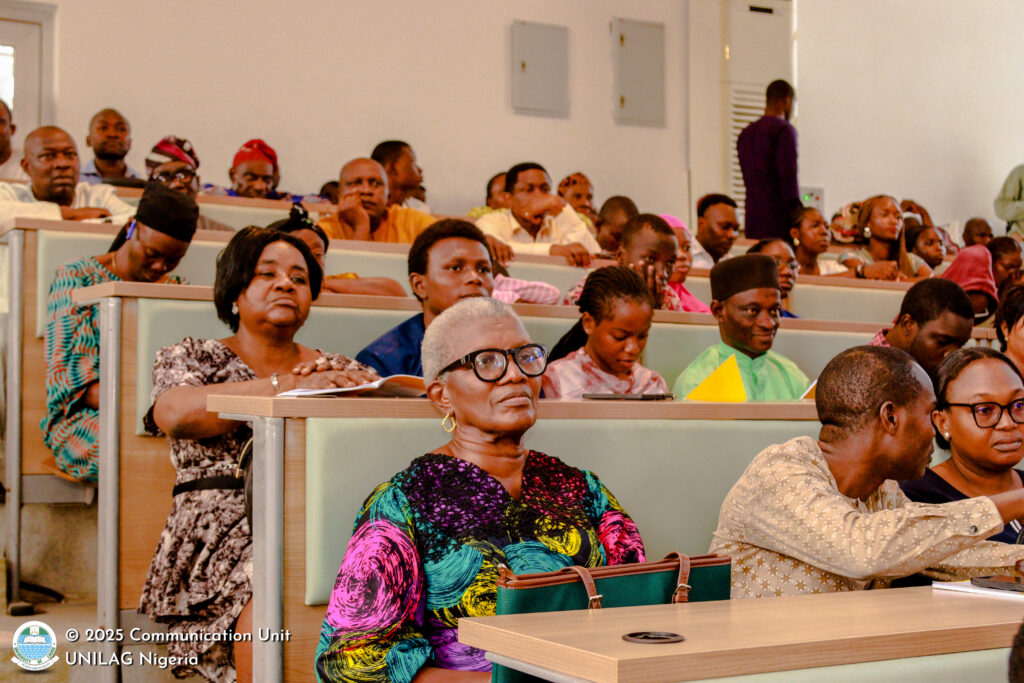
He pointed out the need to establish a comprehensive repository of research on antimalarial activities of medicinal plants nationwide.
During the course of the lecture, Prof Idowu intimated the audience on his research work over the years. He revealed how his research works have been grounded in the epidemiology and control of parasitic diseases, with a strong focus on malaria, onchocerciasis, schistosomiasis, and soil-transmitted helminthiases. He explained how his research work has bridged basic science, public health, and translational research, informing disease control policies, health education, and community-based interventions in Nigeria.
The Inaugural Lecture was presided by the Deputy Vice-Chancellor (Academics & Research), Prof. Bola Oboh and well attended by family, friends, students, mentors, mentees, colleagues and other members of the university community.
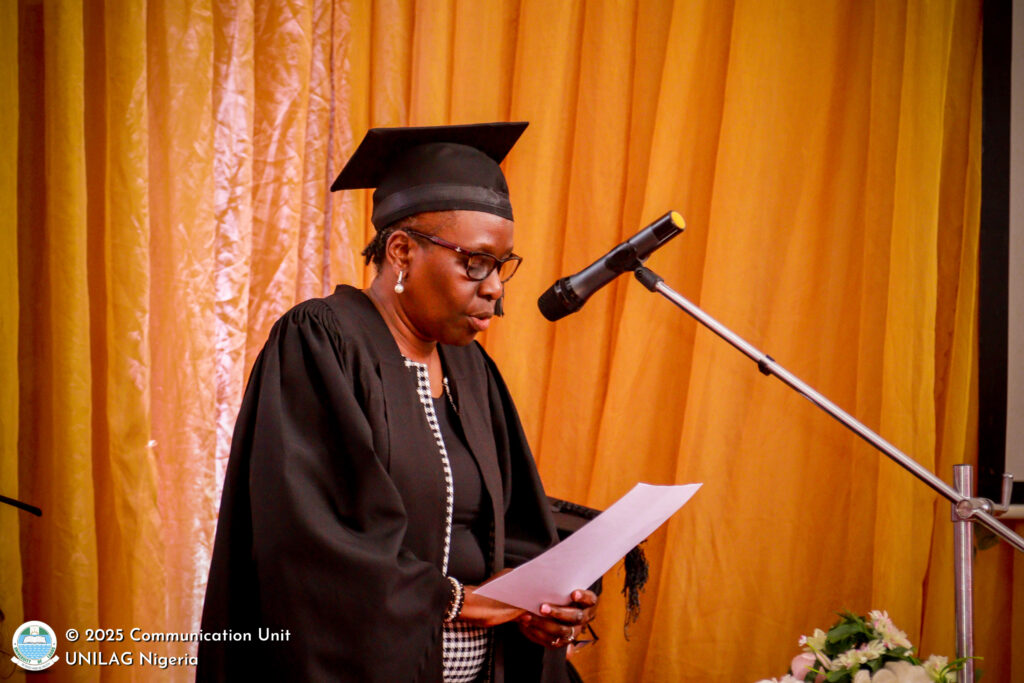
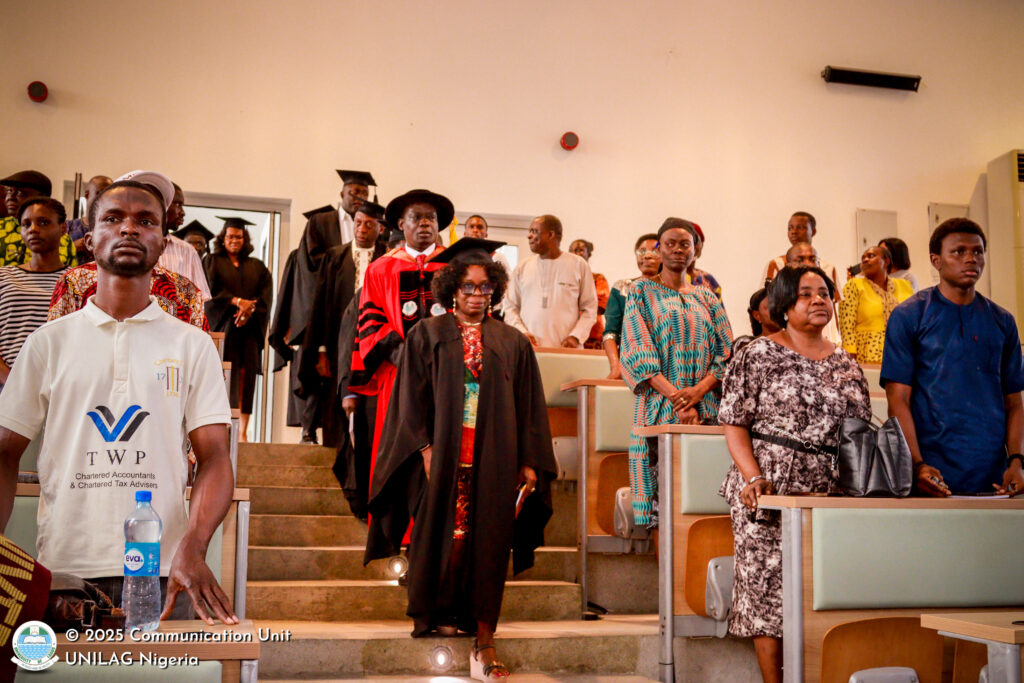
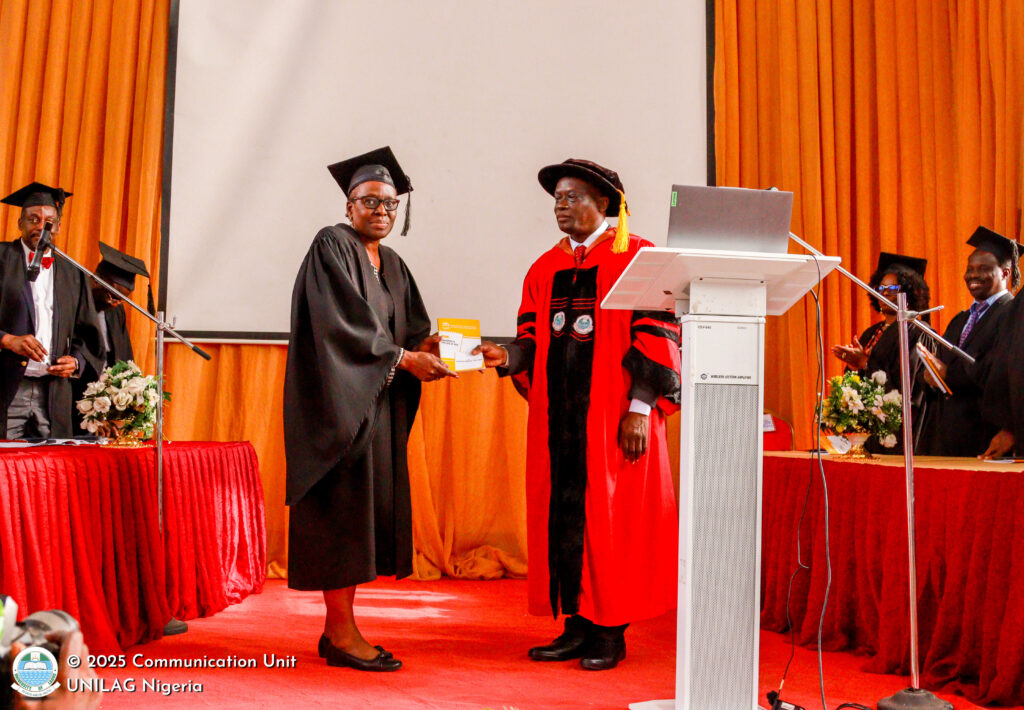
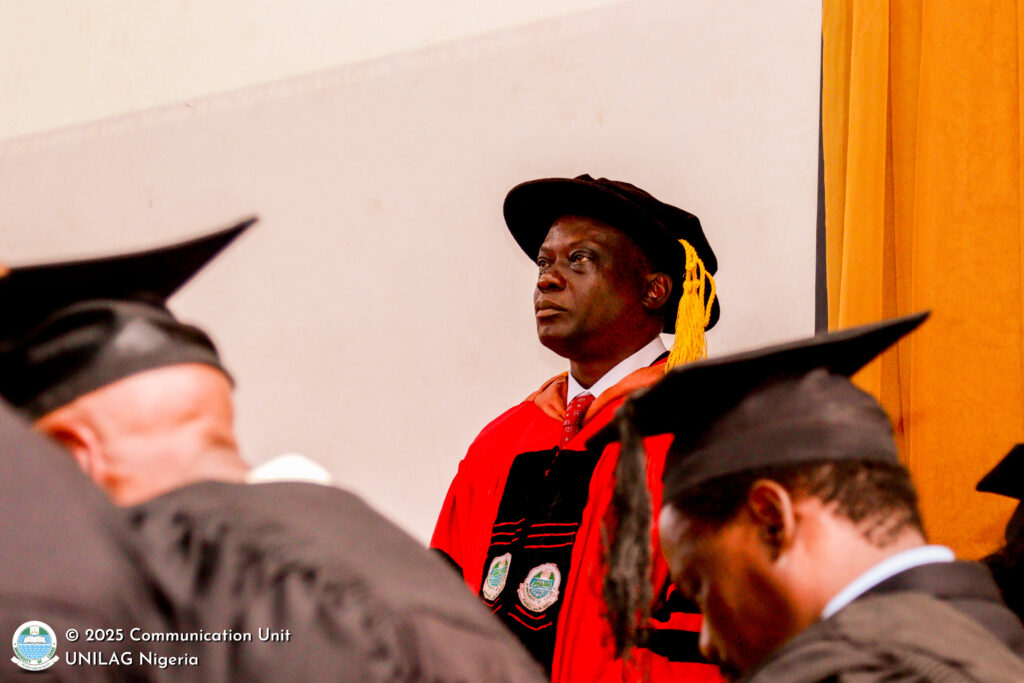
Born on September 2, 1967, Professor Emmanuel Taiwo Idowu holds a Bachelor of Science degree and Master’s degree in Zoology in 1989 & 1994 respectively from University of Ilorin, Kwara and a Ph.D. in Zoology in 2004 from the University of Lagos.
Having developed a keen interest in science and health in his early years, Professor Idowu started his career as a Junior Research Fellow at the Nigerian Institute of Medical Research (NIMR), Yaba, Lagos in 1993 and continued as a Research Fellow until 2008.
He joined the services of the University of Lagos as Lecturer I at the Department of Zoology in 2008, and became Professor in 2019.
He specializes in Parasitology and Medical Entomology with research focus on the epidemiology and control of parasitic diseases such as malaria, schistosomiasis, onchocerciasis, trichomoniasis, and insecticide resistance in malaria vectors, along with the antiplasmodial potential of medicinal plant extracts.
Prof Idowu is married and blessed with three children.
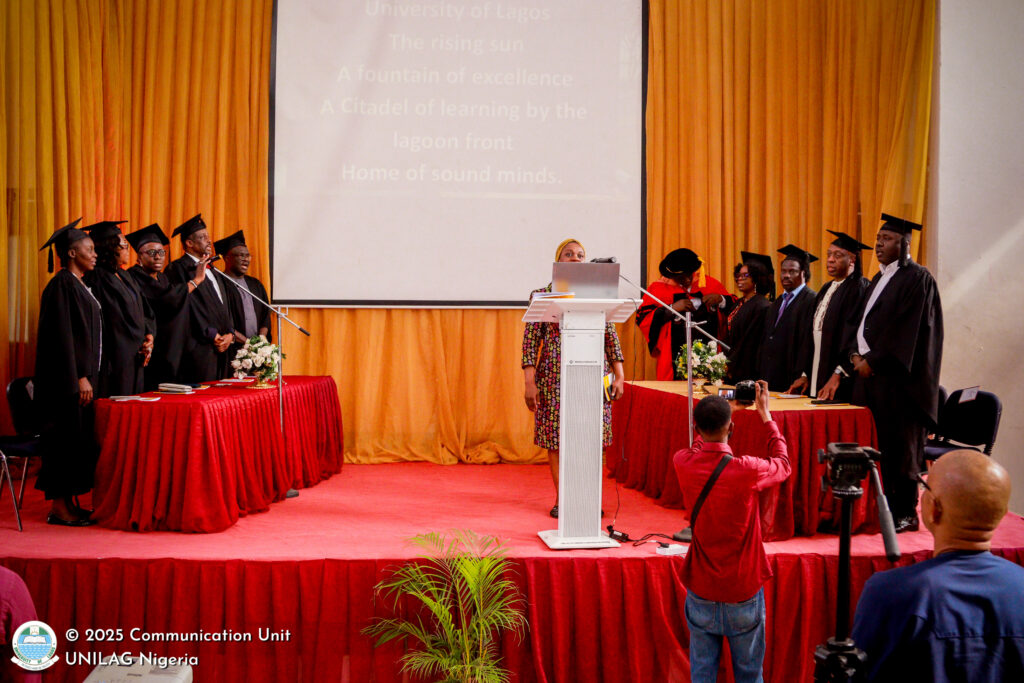
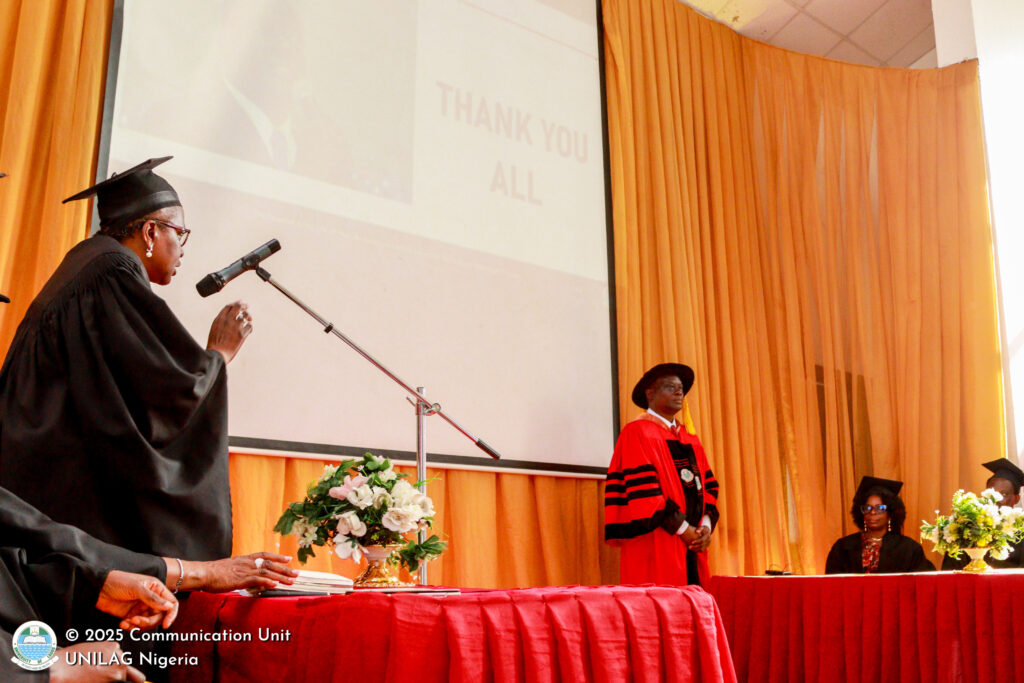
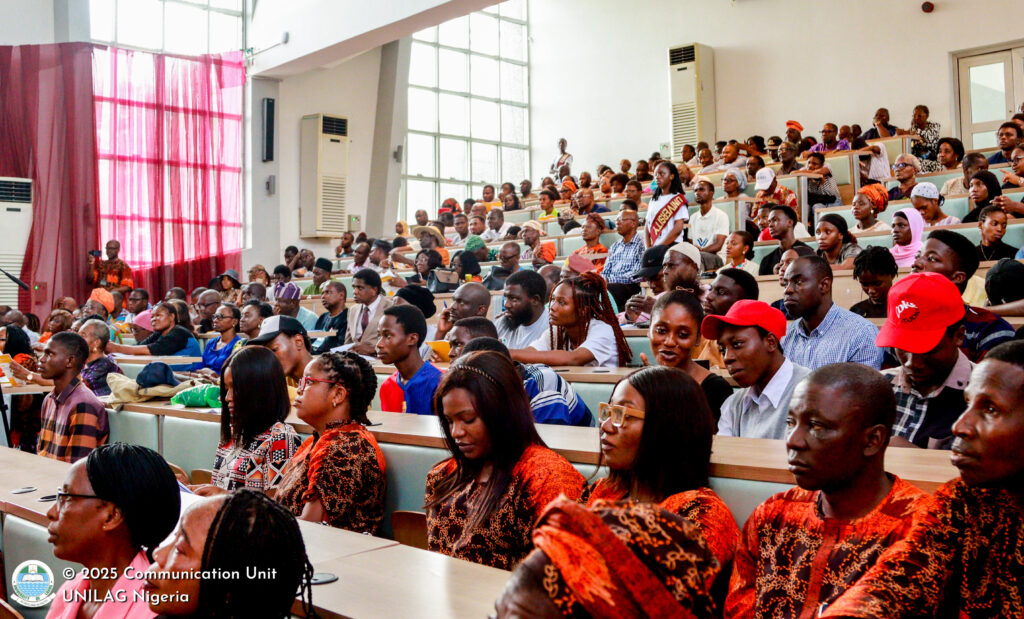
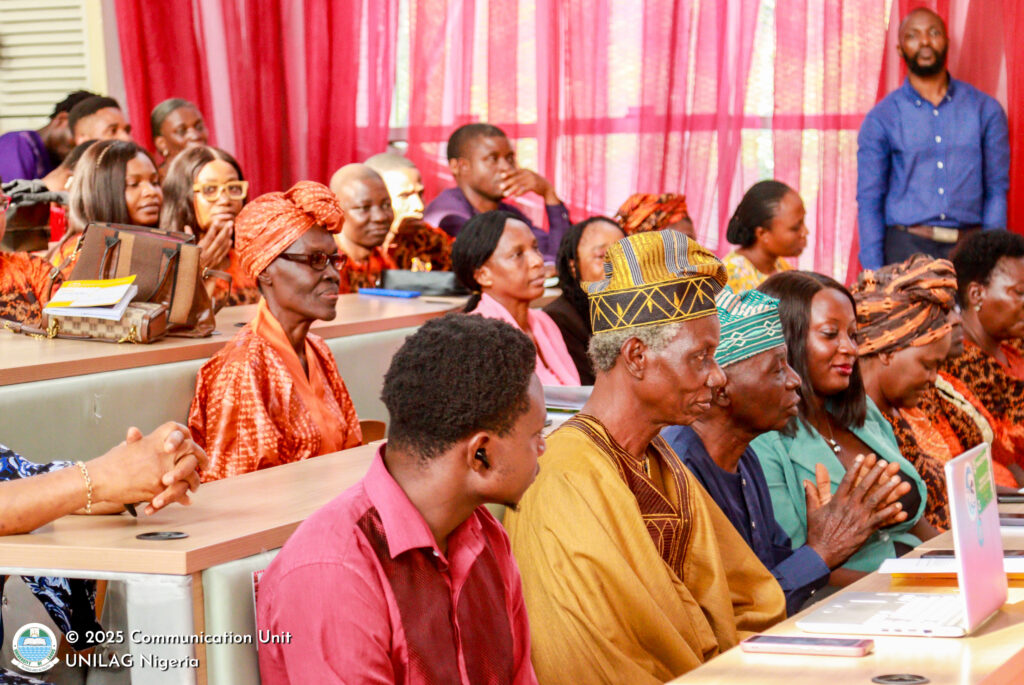
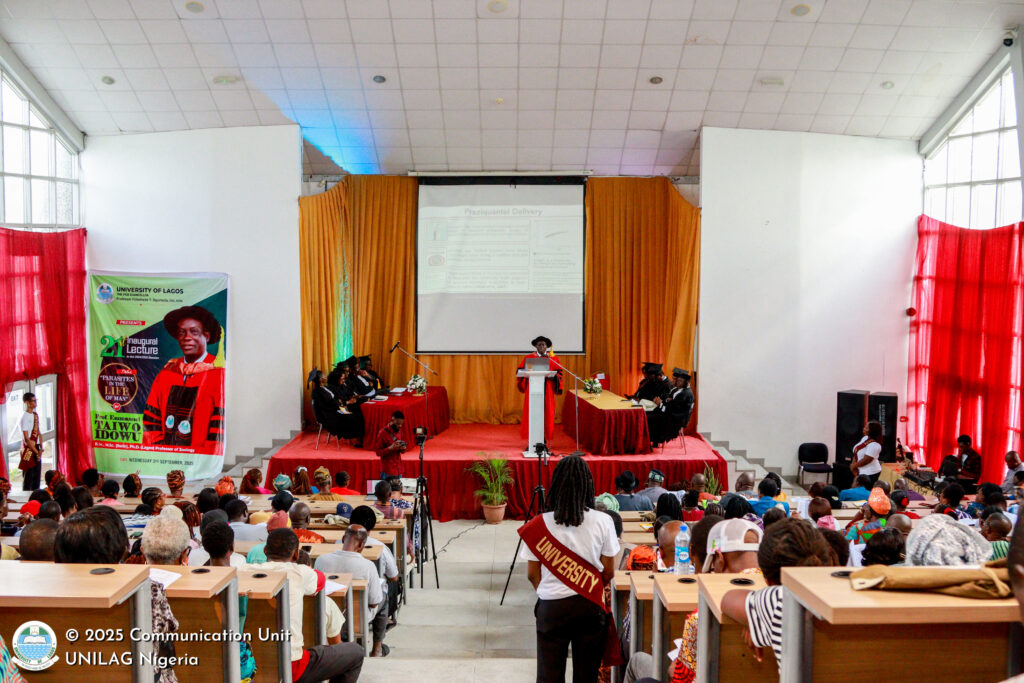
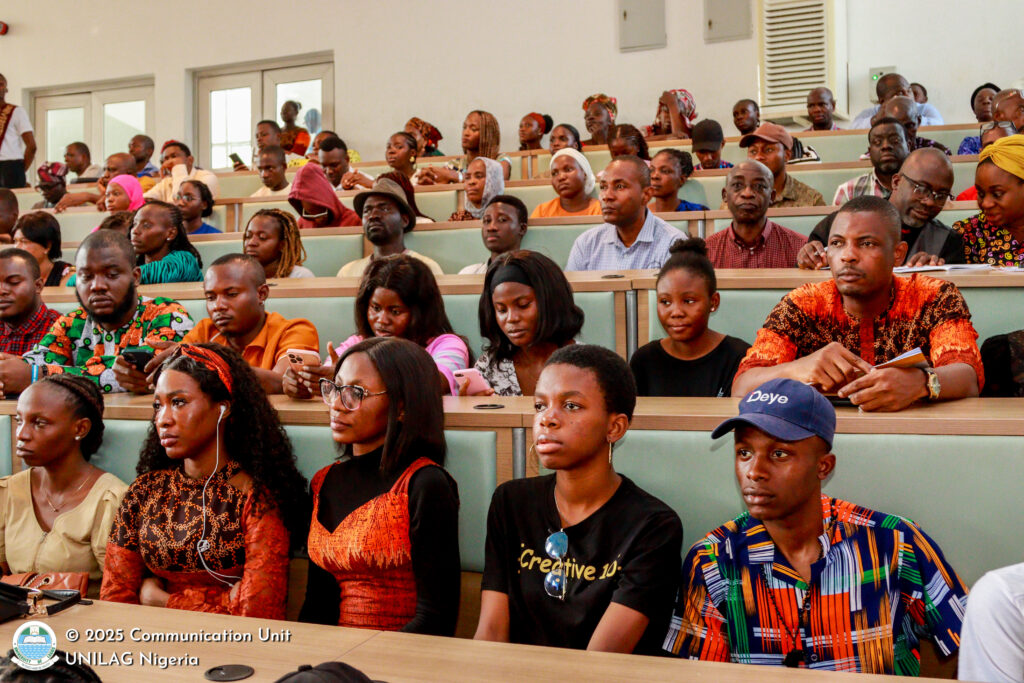
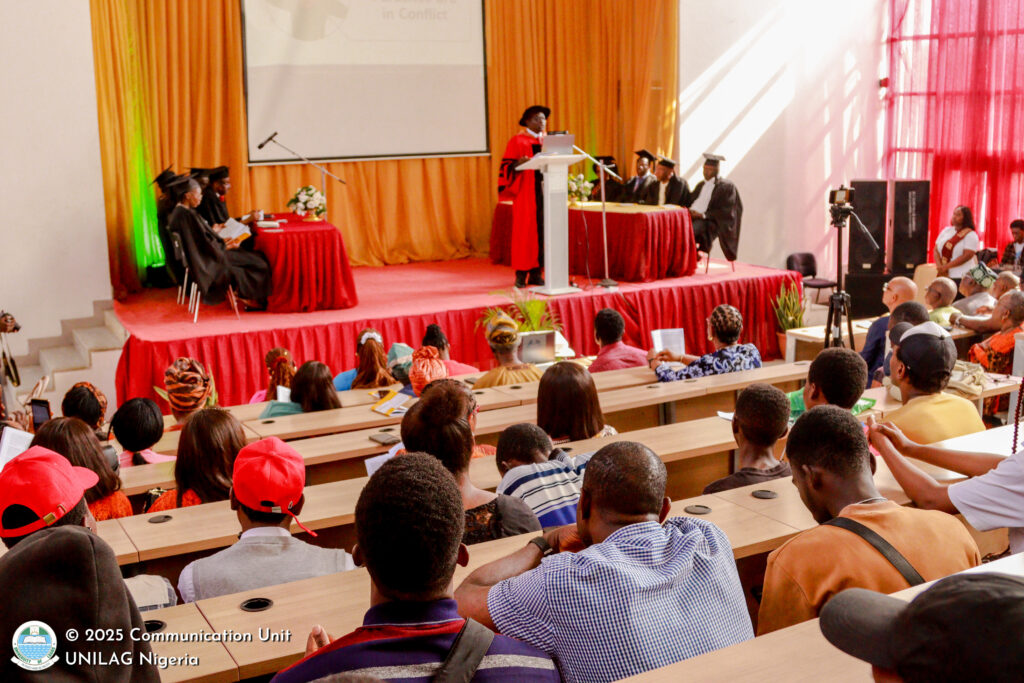
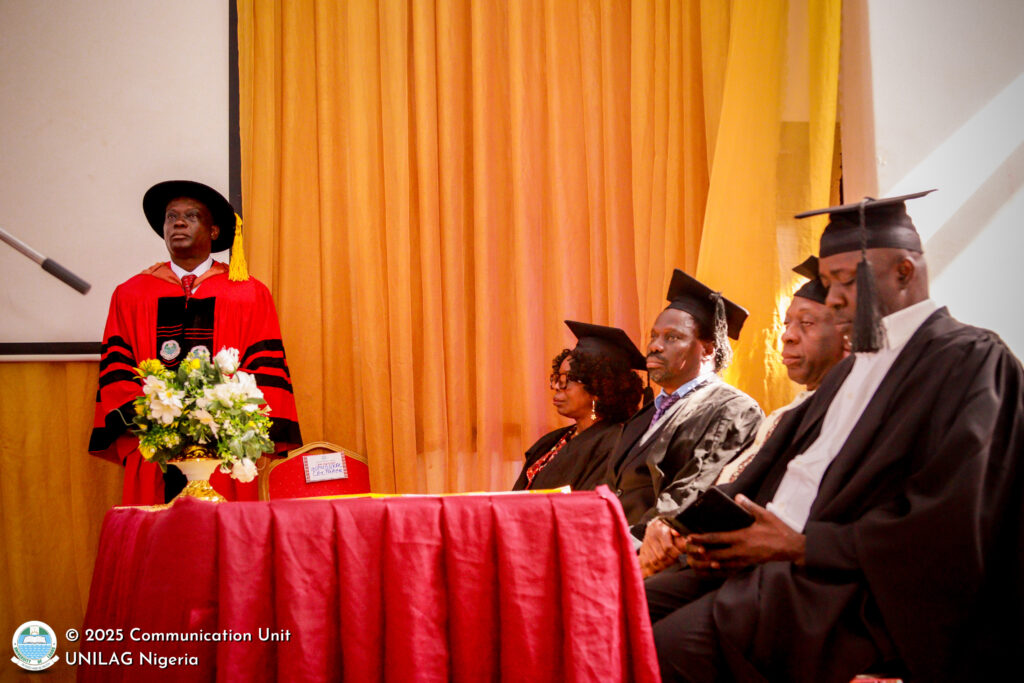
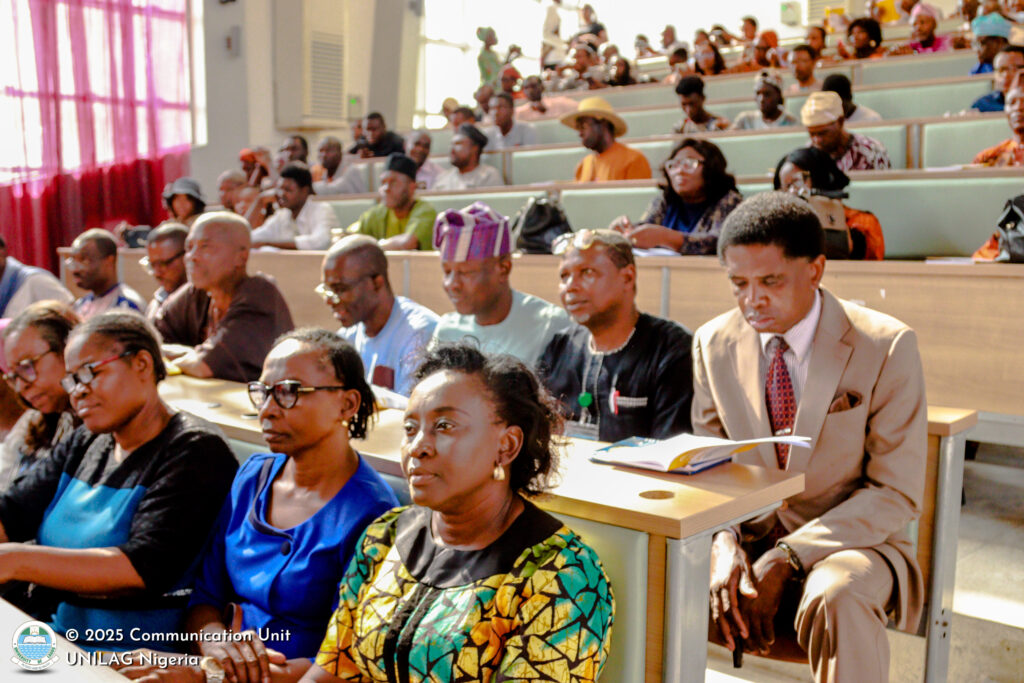
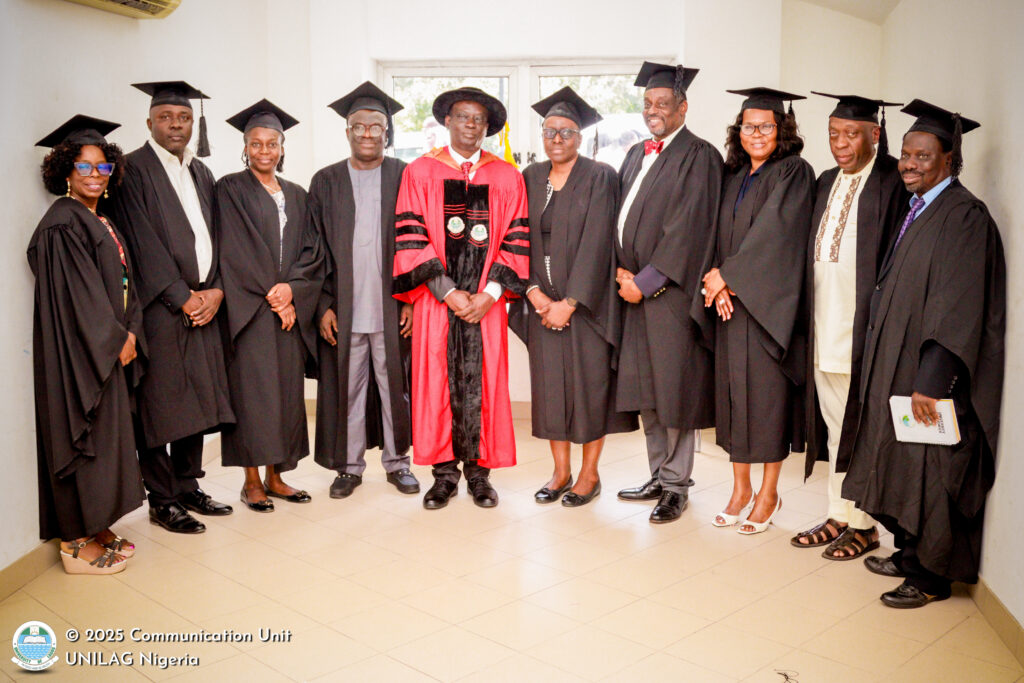
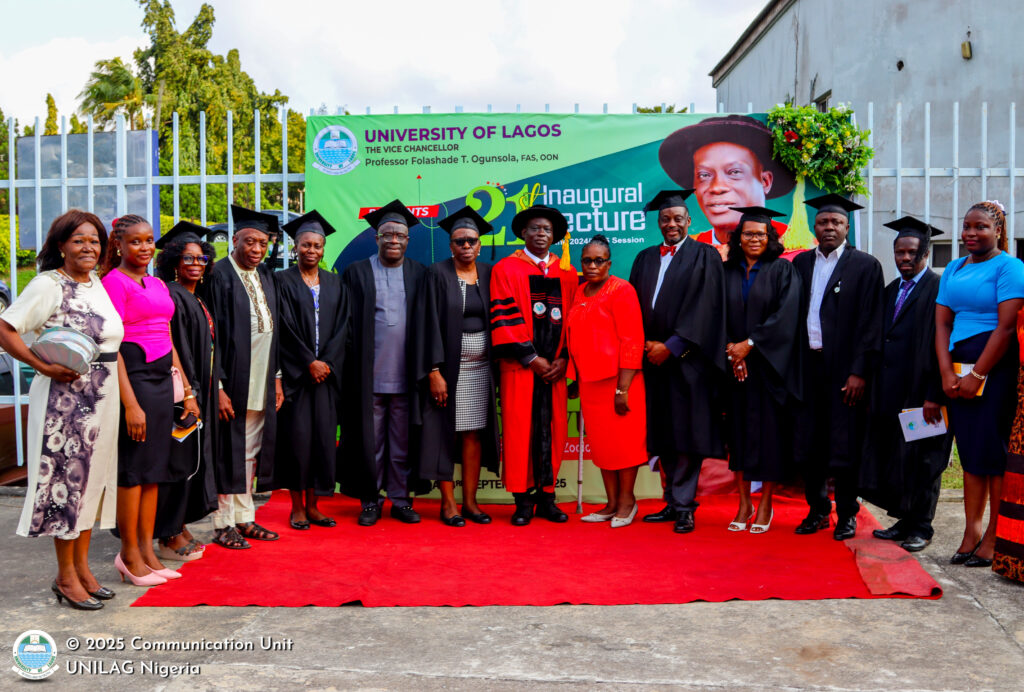
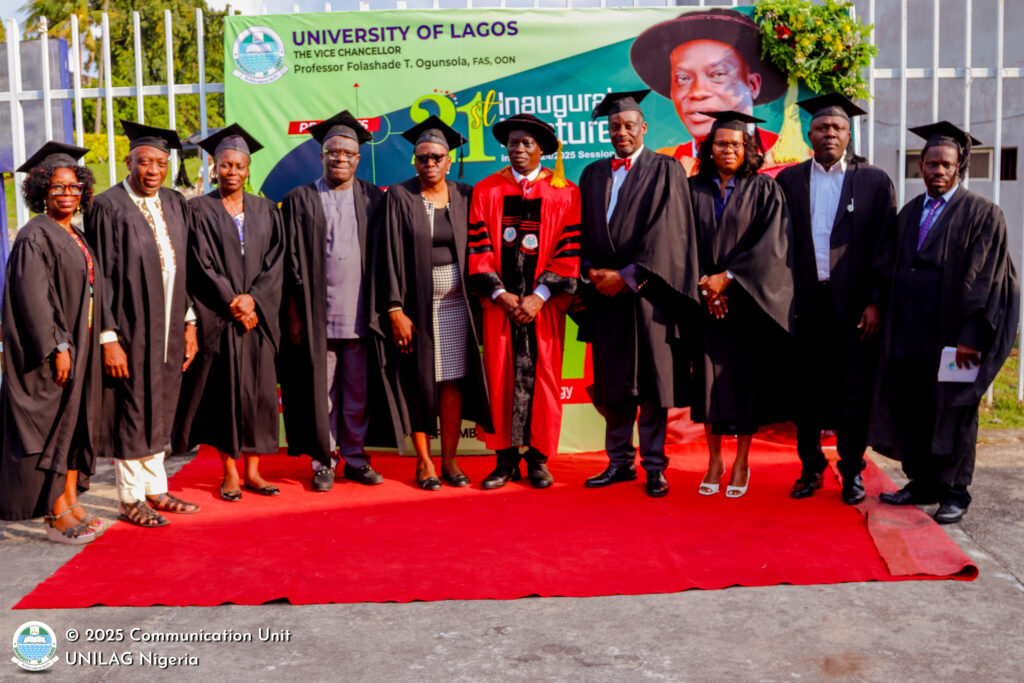
Author: Ndidi J. Odinikaeze
Photographers: Joshua Michael and Maleeq D. Quadri
Editor: Joke Alaga-Ibraheem

